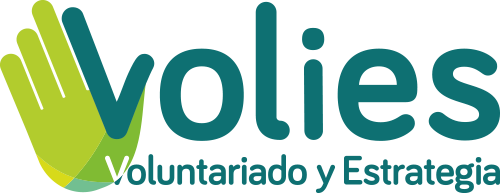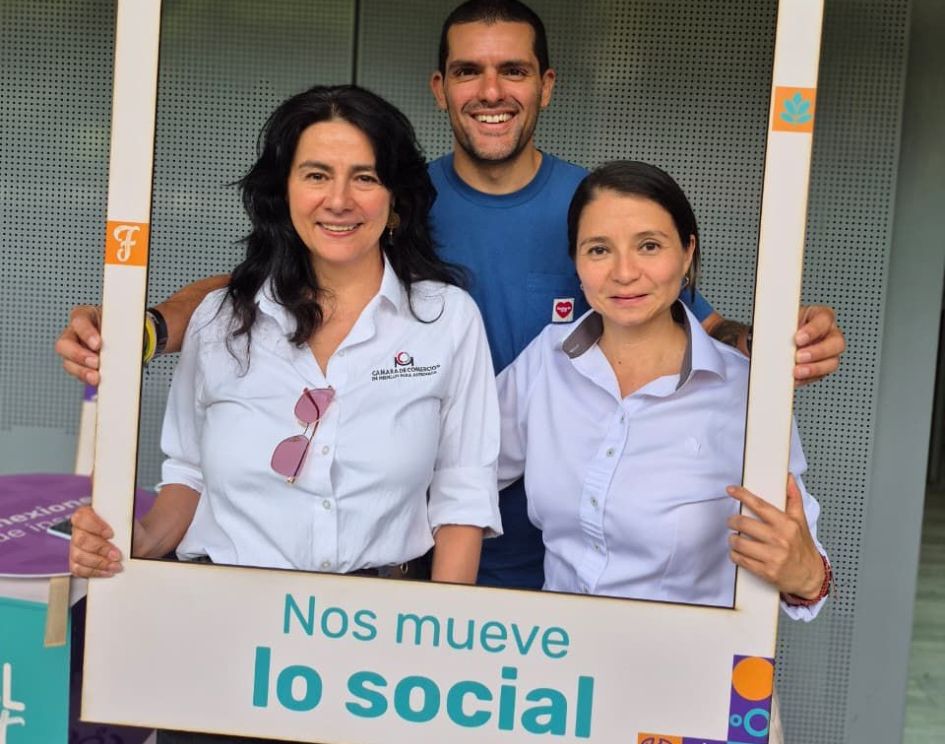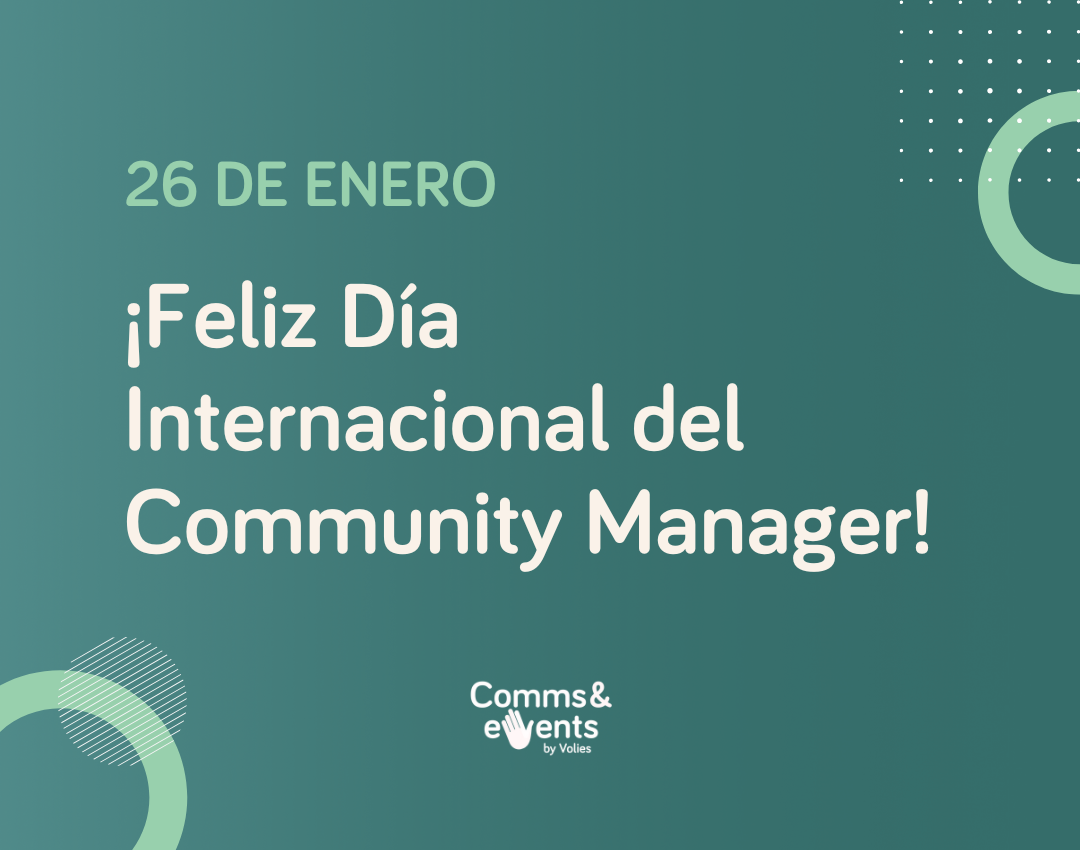Resilience
Boris Cyrulnik said that resilience is the capacity of human beings to recover from trauma and, without being scarred for life, to be happy.
The RAE definition, somewhat cruder, speaks of “the ability of a living being to adapt to a disturbing agent or an adverse state or situation. While it was a word that many of us were familiar with, and used with some “joy”, since October 29, 2024 has taken on an overwhelming sense, especially in the province of Valencia, Letur, and other localities affected by the DANA.
From Volies Association we will take part in 2023 in the European Resiliage Project with 17 partners from all over Europe, including UNESCO itself. Funded by the European Union, this project explores the intersection between community resilience and cultural heritage to better cope with natural disasters.
Just a few days before the tragedy, they published their first report: Communication & Local Needs, the result of the teamwork of the community resilience laboratories, CORE Labs, working simultaneously in five countries: Norway, Portugal, Belgium, Greece and Turkey.
If good communication is always important and necessary, in emergency situations, as in the current DANA, it has become even more vital than ever.
The report highlights as a central point “the importance of adequate communication before, during and after a disaster as critical to mitigating panic and coordinating an effective response”.
- Clear and effective communication between emergency personnel, authorities and the public is essential for dealing with disaster situations and optimizing management in these critical moments.
- Effective communication allows citizens to receive clear instructions on how to evacuate, where to seek shelter and what safety measures to take, which increases their ability to react appropriately and reduce the risk of injury or loss.
- Speed and clarity in the transmission of information can make the difference between life and death, reduce levels of confusion and improve collective organization among different social actors, thus helping to minimize the impact of the disaster on the affected community.

Community development, key to prevention
I can dare to affirm that the general feeling of the Valencian population since the day of the tragedy and up to the present moment, when 15 days have passed since the floods that affected almost 70 municipalities, is that none of the above factors listed in the report have occurred.
But, unfortunately, it seems that this is not something that has happened only to the areas affected by the current DANA in Spain. The analysis of these CORE Labs has detected significant deficiencies in several natural disasters that have occurred in recent years:
- Lack of integration of key actors in the communication network.
- Leaving vulnerable groups without critical information in crisis situations.
- Low citizen participation in emergency response planning.
- And the failure to create clearer and more accessible shelter plans.
To address this situation, Resiliage proposes a series of tools and actions to improve the resilience of people and areas affected by natural disasters, including:
- The development of digital applications that centralize emergency information and enable real-time coordination between authorities, first responders and citizens.
- Promoting crisis management education through school programs and community awareness campaigns.
- Inter-institutional agreements to develop a “risk culture ” from an early age, involving communities in decision-making and planning initiatives such as, for example, Contrat Rivière Lessein Belgium.
- And involve the different parties actively in the elaboration of emergency plans, to develop more effective preparedness measures, improving the social commitment of the community to act in a coordinated manner in the face of adversities.
To this end, it is essential to establish adequate dynamic communication channels and processes, in which an open and fluid dialogue with citizens and neighborhoods is valued, as well as to elaborate shared actions.
Effective and adequate communication in times of crisis has much to do with this prior community preparation, based on dialogue and active citizen participation.
By creating meaningful connections between communities, institutions and technological tools, the Resiliage project, of which we are a part, seeks to contribute to address disaster risks in an innovative and collective way, strengthening community resilience and the sense of resilience of its citizens.
We are now very short of the former in Valencia, of the latter, time will tell.
Let us hope that, following the definition of resilience of the French neurologist, psychiatrist, psychoanalyst and ethologist Cyrulnik, with which we began this reflection, this adaptation will allow us at least, at some point, to be happy again.
About Resiliage and Core Labs
The Resiliage project, funded by the European Union, explores the intersection between community resilience and cultural heritage to better cope with natural disasters. An approach that uses a combination of participatory methodologies and digital tools to empower local communities, helping them to prepare for and respond to natural hazards, taking into account the cultural, geographic and social particularities of each area.
To realize this vision, Resiliage implements community resilience laboratories, called CORE Labs, in five European countries.
These laboratories collaborate with local stakeholders, from authorities to citizens and heritage organizations, to create strategies tailored to local conditions and needs.
Data collection through surveys, interviews and focus groups has identified gaps in emergency communication and best practices in crisis management. One model seeks to integrate local knowledge and community perception of risk, allowing for a multidimensional analysis that incorporates factors such as governance, social interaction, inclusion, and health.
The Core Labs currently underway are:
- Trondheim, Norway: Its CORE Lab focuses on health and well-being, addressing physical and psychological well-being and promoting protective behaviors during and after disasters.
- Famenne-Ardenne Geopark, Belgium: This lab works on socio-economic resilience, assisting in local economic recovery by preserving local knowledge and heritage.
- Naturtejo Geopark, Portugal: Focused on social inclusion and interaction, it seeks to strengthen social connections and cohesion through public and cultural activities.
- Crete, Greece: In this laboratory, the focus is on active memory as a cultural resource, promoting community identity to strengthen resilience.
- Karsiyaka, Turkey: Its laboratory is dedicated to adaptive governance, developing management methods that involve all local stakeholders in disaster planning and response.
From Volies we provide the connection with citizens through our social fabric in Spain, Europe and Latin America created these more than 15 years of action, through the organization of events and actions focused on community resilience to disasters through cultural heritage. In addition, we collaborate with other actors to promote strategies and knowledge on resilience to crises in local communities, such as the one we are currently experiencing in Valencia.
More information about the project: https://resiliage.eu
Collaborative article written by Nike Fakiner, Marcos Ramírez, responsible for the Resiliage Project at Volies, and Carmen Martí, responsible for communication.






